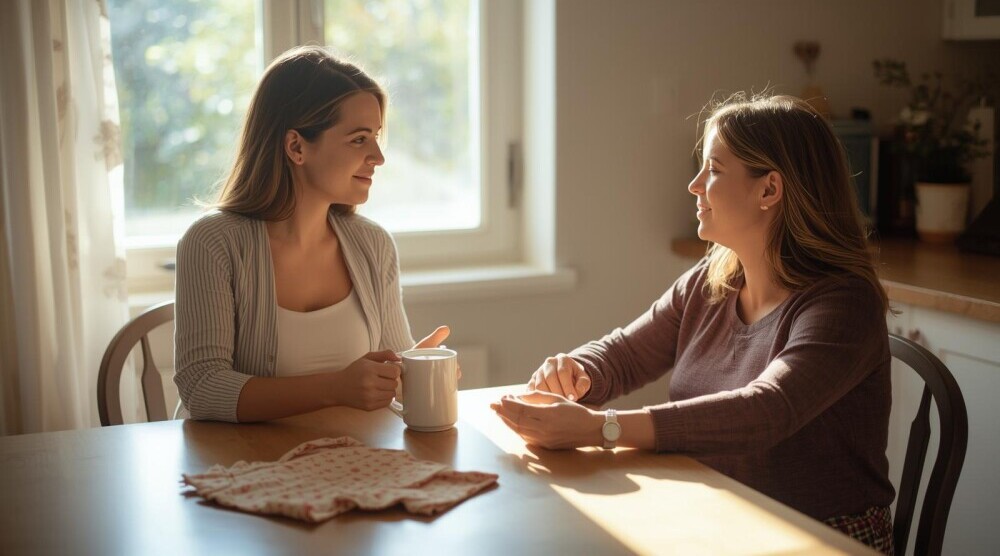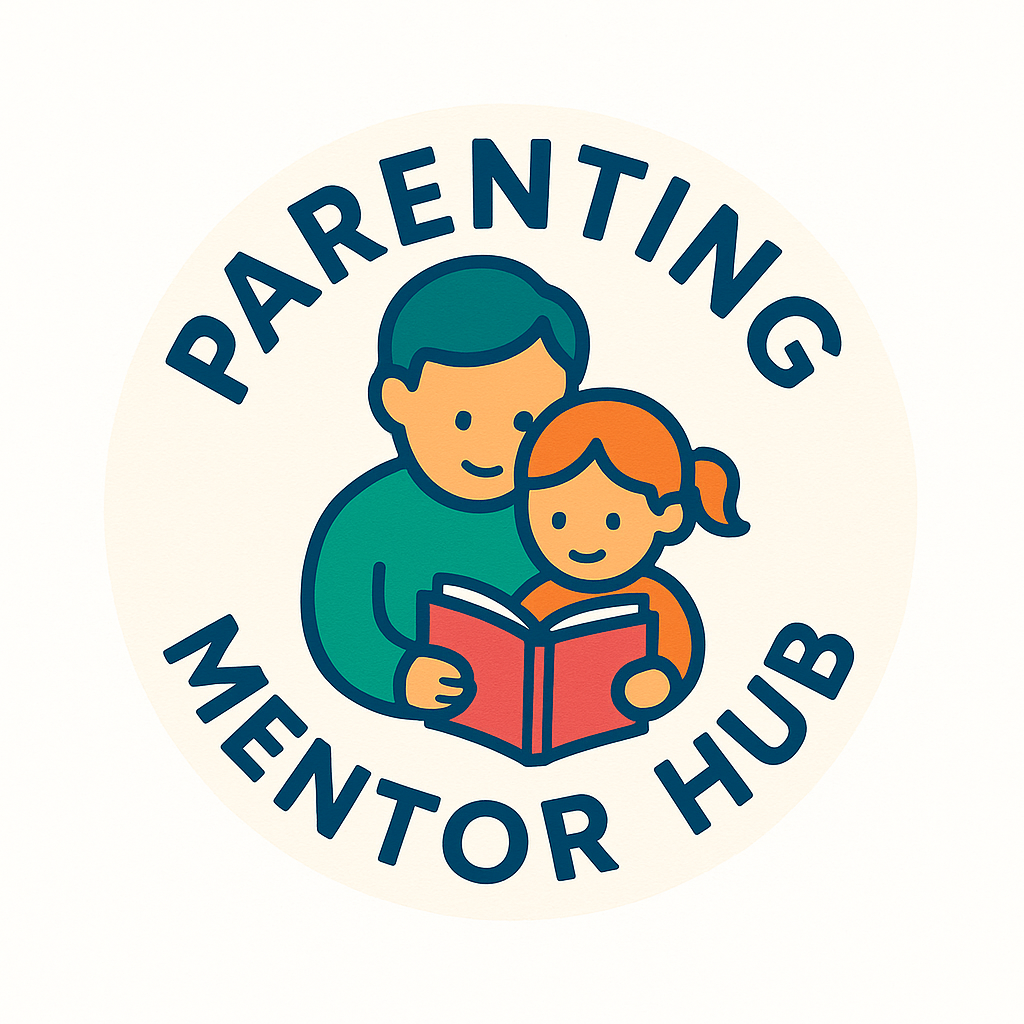
Pregnancy or early motherhood reshapes how you see yourself – and often, how you see your own mother. For years, you’ve known her as the one who worries about you when you felt there was nothing to worry about. Now, suddenly, being responsible for a new life, you understand why she did.
That shift can feel both humbling and disorienting. One day you’re still your mother’s child; the next, you’re the one holding a baby, responsible for someone else’s entire world. It’s a moment that opens your eyes in ways you can’t prepare for.
The Role Reversal You Don’t Expect
Becoming a parent pulls you into a new kind of empathy. You catch yourself remembering things your mother used to say – words you might once have dismissed – and realise they came from exhaustion, love, or worry. That realisation can soften old frustrations.
But it can also bring new tension. When your mum offers advice, it’s easy to bristle. You feel you are now grown up and you know what to do. You want to trust your instincts, to find your own rhythm as a parent. Yet part of you still wants her reassurance, because you know she’s been through it all. It’s a complicated dance: wanting guidance without being guided.
You might even find that conversations with her take on a different tone. You start hearing the same sentence in two ways – both as a daughter and as a mother. It’s confusing, but also strangely reassuring.
Setting Boundaries Without Closing Doors
Boundaries don’t have to mean distance. They’re simply the edges that help both of you adjust to the new reality.You may say something like: “Thanks, Mum, I’ll manage.” or“Thanks, that’s really helpful – but I’m going to try it this way for now.”
It can help to remember that boundaries work both ways. They protect your independence, but they also save your mother from guessing how much to help. She may be just as unsure as you are – worried about not alerting you to a problem, but also worried about being thought overanxious. She may be wondering if she is helping enough or if she is interfering too much.
Understanding the Worry
When you finally see your own child’s face, the world narrows. Everything feels sharper, more fragile. You understand in an instant why your mother worried the way she did.
The baby doesn’t just change your priorities; it changes your memories. You start to picture your mother, young and uncertain, holding you for the first time. Maybe she was figuring things out too, improvising, trying to get it right. That image alone can shift a lifetime of perspective.
You might still disagree with how she brought you up, but you’ve turned out alright, in spite of mistakes she may have made. You start to see intention instead of mistake. And that’s where the understanding often begins – not in rewriting the past, but in recognising the love that was always underneath everything your mother did.
Finding a New Balance
As you grow into motherhood, your relationship with your mum doesn’t have to shrink. It can expand into something deeper, less defined. You may find yourself sharing things as equals for the first time – swapping stories, laughing about sleepless nights and messy highchairs, comparing notes instead of advice.
There’s beauty in watching her become a grandmother too. The roles shift again: she gets to rediscover joy without responsibility, while you learn to carry both freedom and weight.
It’s not always smooth. Some days you’ll feel protective, other days grateful. But when you see her cradling your baby, something unspoken settles in. You realise you’re both part of a long, ongoing story – one that began long before you, and will continue beyond.
The Gentle Art of Letting Each Other Grow
No one talks enough about how motherhood reshapes your bond with your own mother. It asks both of you to adjust – to see each other as full people, still learning, still capable of change.
Motherhood doesn’t erase your role as a daughter. It deepens it. You start to see love in the worry, lessons in the arguments, patience in the silence. And in the middle of all that, you discover your own way forward – not her version, not anyone’s, just yours.

This touched me deeply. There’s something so humbling and beautiful about seeing your mother not just as “mum,” but as a woman who carried so much love, worry, and quiet strength. Thank you for putting this into words.
Thank you for your comment, Ana. I am happy that you like the post. It’s a special day for me because, it my mother had lived, it would be her 100th birthday today. So I have been reflecting on the things mothers do that as children we don’t appreciate and aren’t even aware of.